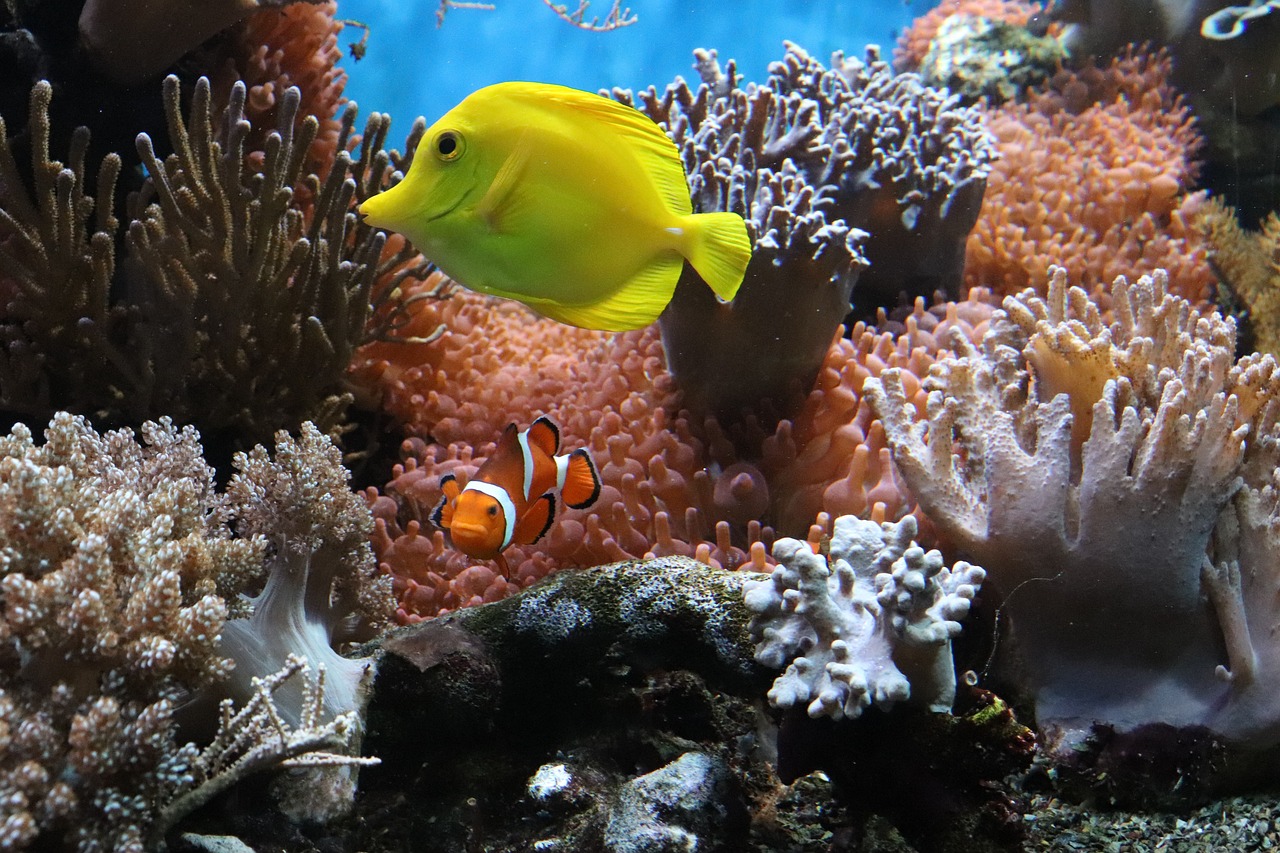
Coral reefs are a major global ecosystem, treasured for their beauty and the many services they provide. Millions of people and thousands of communities depend on coral reefs for fisheries, tourism, and protection from coastal storms, in addition to their cultural value. Problems such as habitat destruction, pollution, and overfishing, and climate change threaten these special ecosystems. Bleaching events, disease, and problems growing hardened reef skeletons are becoming more common. Our publications explore interventions that could enhance the persistence and resilience of coral reefs in the face of these challenges. As always, they are free to read or download.

Oil in the Sea IV: Inputs, Fates, and Effects
Oil and natural gas represent more than 50 percent of the worldwide energy supply, with high energy demand driven by population growth and improving standards of living. Despite significant progress in reducing the amount of oil in the sea from consumption, exploration, transportation, and …[more]

Biodiversity at Risk: Today’s Choices Matter
A growing body of evidence has sounded the alarm that the biodiversity that supports and sustains life on Earth is at risk. Habitat destruction, resource exploitation, and climate change are among the many stressors that have put 1 million species under threat of extinction and sharply reduced …[more]

A Decision Framework for Interventions to Increase the Persistence and Resilience of Coral Reefs
Coral reefs are critical to ocean and human life because they provide food, living area, storm protection, tourism income, and more. However, human-induced stressors, such as overfishing, sediment, pollution, and habitat destruction have threatened ocean ecosystems globally for decades. In the …[more]

A Research Review of Interventions to Increase the Persistence and Resilience of Coral Reefs
Coral reef declines have been recorded for all major tropical ocean basins since the 1980s, averaging approximately 30-50% reductions in reef cover globally. These losses are a result of numerous problems, including habitat destruction, pollution, overfishing, disease, and climate change. …[more]

Sunscreens and a variety of other products contain chemical ultraviolet (UV) filters that absorb or block the sun’s radiation and thereby help mitigate harms to human skin from the sun. The 2022 NASEM report Review of Fate, Exposure, and Effects of Sunscreens in Aquatic Environments and …[more]

Regular use of sunscreens has been shown to reduce the risk of sunburn and skin cancer, and slow photoaging of skin. Sunscreens can rinse off into water where people are swimming or wading, and can also enter bodies of water through wastewater such as from bathing or showering. As a result, the …[more]

Reckoning with the U.S. Role in Global Ocean Plastic Waste
An estimated 8 million metric tons (MMT) of plastic waste enters the world’s ocean each year – the equivalent of dumping a garbage truck of plastic waste into the ocean every minute. Plastic waste is now found in almost every marine habitat, from the ocean surface to deep sea sediments to the …[more]

Effective Monitoring to Evaluate Ecological Restoration in the Gulf of Mexico
Gulf Coast communities and natural resources suffered extensive direct and indirect damage as a result of the largest accidental oil spill in US history, referred to as the Deepwater Horizon (DWH) oil spill. Notably, natural resources affected by this major spill include wetlands, coastal …[more]